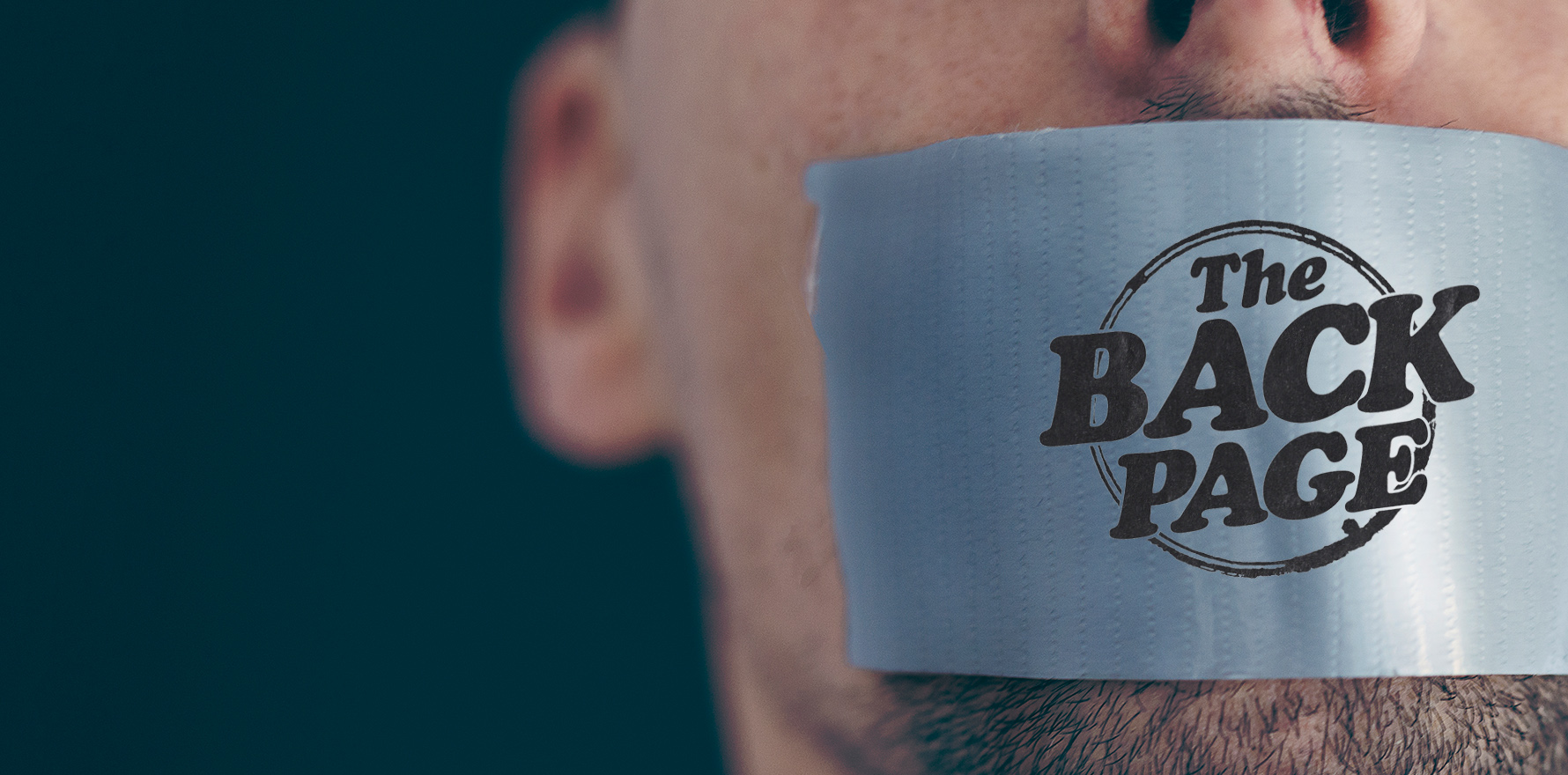But we’ve found a better alternative for ... seven people. Yay!
Say goodbye to costly CPAP machines and their constant overnight hum. And forget the dry mouth, face sores, and bloat that can come along with them.
It turns out all you need for obstructive sleep apnoea is a little squirt of nasal spray before bed.
Or at least, that’s true for seven of the whopping 10 people who participated in an Australian study recently published in The Journal of Heart and Circulatory Physiology.
Researchers found that for those people, the nasal spray containing potassium channel blockers led to less frequent upper airway collapse during sleep and a reduction in blood pressure the following morning.
By blocking the potassium channels of the central nervous system, the activity of those lazy muscles that are regularly collapsing for apnoea patients might increase and, if they’re lucky, they could have the luxury of breathing overnight.
All 10 participants tried all three treatment options for the study – either the placebo nasal spray, the treatment nasal spray, or the treatment nasal spray combined with “nasal only” breathing: a method of restricting oral breathing using a chinstrap or mouth tape.
Perhaps this Back Page correspondent is overly sensitive but surely having your mouth sealed shut overnight would ruin the chance of a good sleep and a reduction in blood pressure, if not cause eight hours of rolling panic attacks and crippling claustrophobia.
The researchers hoped that the alternative breathing method might have an impact on treatment efficacy but found that it “did not improve quality of sleep in this study”.
Gee, I wonder why. Trying to sleep with the full polysomnography equipment set up is bad enough, let alone having your mouth taped shut.
“Treatment options are limited and while CPAP machines are a proven treatment, around 50% of people struggle to tolerate them,” says Professor Danny Eckert, director of the Adelaide Institute for Sleep Health and professor at Flinders University.
There are no approved medications for apnoea, but the potassium channel blocker nasal spray was safe and well tolerated by the participants. Each participant tried the three treatment options a single time one week apart.
While the research methodology seemed less than ideal and little could be confirmed from the study of only 10 people trying something once, this is a common and debilitating condition and alternative treatment options do sound highly appealing.
Especially one as easy as a couple of squirts up the schnoz and not strapping your mouth shut.
Send story tips and creative “nasal only” breathing devices to cate@medicalrepublic.com.au


